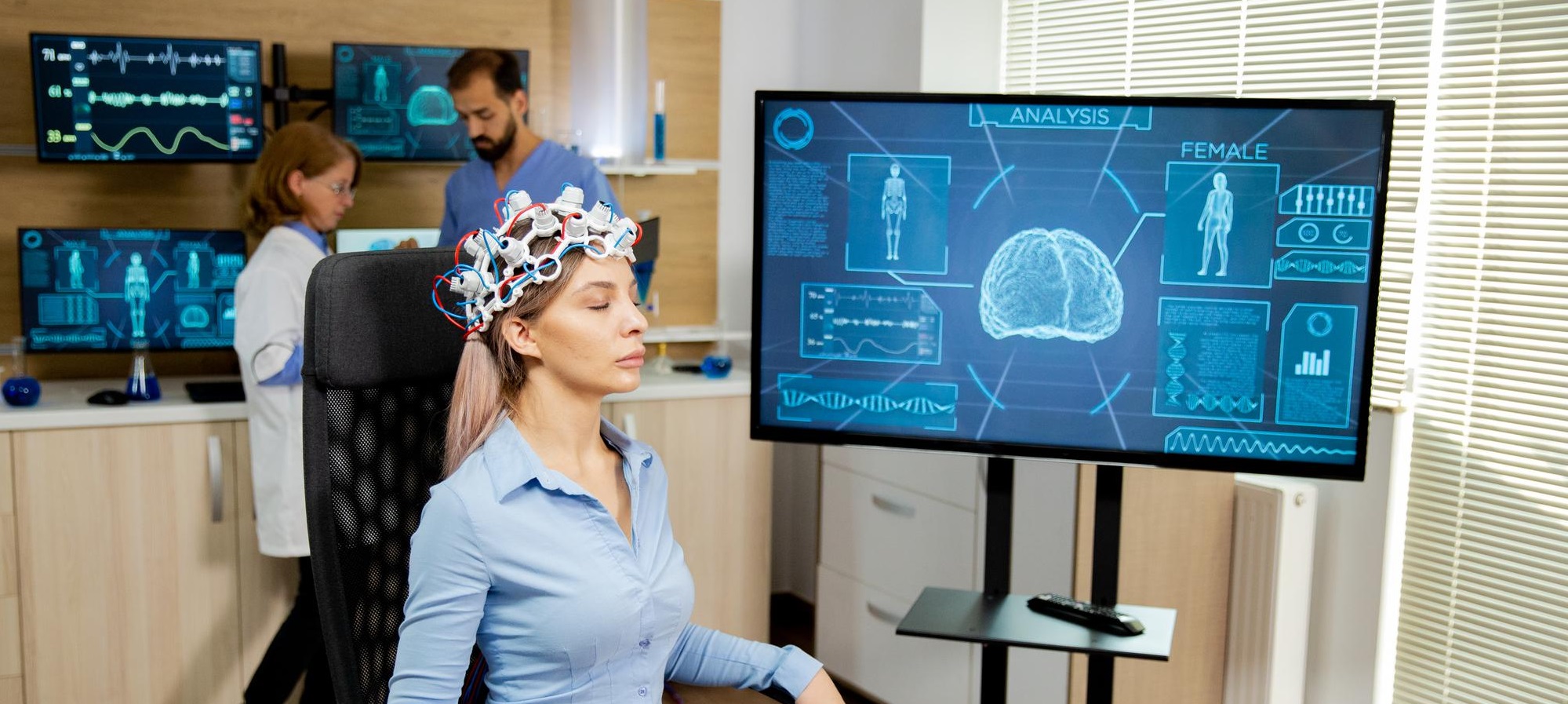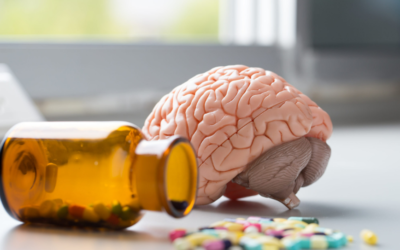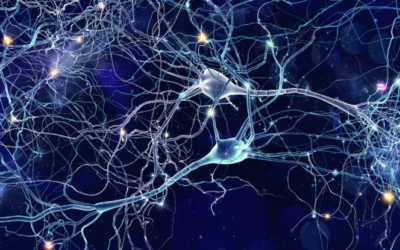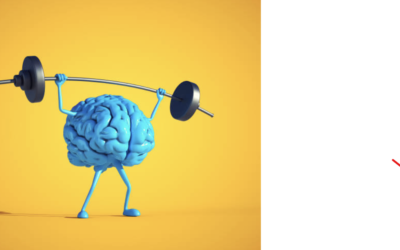Can Neurofeedback Help Enhance Cognitive Function?
While the world is waking up to the realities of mental health, potential treatments are concurrently emerging. Neurofeedback is one of the most promising treatments on the horizon, offering a drug-free alternative to treating many issues that can arise from mental health.
Of those issues that neurofeedback is showing promise with is AUD (Alcohol Use Disorder). Stats from NIAAA (National Institute on Alcohol Abuse and Alcoholism) suggest that over 14 million people in the United States alone currently suffer from AUD, yet only 7% actively seek any form of treatment. Neurofeedback is an exciting opportunity for those suffering from AUD to find relief.
The success of neurofeedback in helping patients achieve sobriety is thought to be because of how it helps regulate the brain’s activity. The process, also known as EEG Biofeedback, monitors the electrical activity produced in your brain while you’re doing a task or being exposed to certain stimuli.
Through technology and computers, users can see their patterns of brainwave activity on a monitor and can be trained to modify their thoughts and behavior by doing certain activities or thinking in particular ways.
What are the connections between neurofeedback and behavioral/cognitive enhancement? And how can this treatment help those with AUD? Let’s take a closer look at the science behind neurofeedback – and how it affects the brain’s ability to enhance cognitive functioning.
What is Neurofeedback?
Neurofeedback is a therapy that has been around for over 50 years. It was first used to help people with seizure disorders but has since been found to help treat a wide range of issues, including ADHD, anxiety, depression, and substance abuse.
Neurofeedback treatments monitor and provide feedback on an individual’s brainwave activity. This information is used to create an electroencephalography (EEG) map, which helps the therapist identify patterns in the person’s brainwaves that can be associated with certain emotional states or cognitive processes.
By helping individuals become aware of these patterns, neurofeedback teaches them how to modulate their behavior and react in a more controlled way.
One of the reasons neurofeedback is so promising is that it doesn’t involve the use of drugs. Instead, it relies on training the brain to recognize and regulate its own patterns of behavior. With the help of a skilled technician, individuals can learn to identify when they are feeling anxious or stressed and use techniques such as breathing exercises to help them stay calm.
Neurofeedback and Cognitive Functioning
Of the many uses for neurofeedback, one of the most exciting is its potential to enhance cognitive functioning. Many believe that neurofeedback can help improve concentration, memory, and decision-making skills.
Research suggests that neurofeedback helps improve brain networks responsible for attention and emotional regulation. Some studies have even shown a decrease in impulsivity and an increase in problem-solving skills.
Cognitive functioning – including memory, attention, and problem-solving – is essential for many areas of life. Neurofeedback may be able to help those with AUD, in particular, by providing them with the skills they need to stay sober and live a healthier lifestyle. When coupled with other treatments, such as cognitive-behavioral therapy, neurofeedback may help those struggling with AUD on the path to recovery.
How Boosting Cognitive Functioning Can Aid Sobriety Efforts
A person’s cognitive functioning plays an essential role in their ability to stay away from alcohol. Those with AUD often experience problems with memory, decision-making, and impulse control. Neurofeedback can help them improve these skills by reinforcing positive thinking and behavior patterns.
By boosting cognitive functioning, individuals may be able to better recognize and respond to triggers in their environment, such as being around people who are drinking or in places that remind them of alcohol. They may also better handle negative emotions, such as stress and anxiety, without turning to substance use.
By working with a therapist and using neurofeedback, individuals may gain the skills they need to lead healthier, more successful lives in sobriety. A trained therapist can also help them identify the root cause of their AUD and address any underlying mental health issues.
For example, by mapping out the brain networks associated with AUD, a therapist can recommend treatments such as medication or psychotherapy to help address any underlying mental health issues. Or, if the neural networks are more related to impulse control and decision-making, they might recommend neurofeedback sessions to help teach individuals how to better regulate their emotions and behavior.
With research showing that a combination of behavior modification and environmental factors impact AUD, finding a balance between the two is critical for success.
Unlock the Power of Neurofeedback with Sober Brains
The potential of neurofeedback to help individuals with AUD is clear. By teaching people how to recognize and regulate their own behavior, it can be an invaluable tool in helping them learn to stay sober and lead healthier lives.
Ultimately, neurofeedback can be used to unlock the power of the brain and give individuals control over their own behavior. At Sober Brains, we provide evidence-based neurofeedback services to individuals struggling with AUD and other mental health issues.
With the help of our trained technicians, you can learn how to use neurofeedback techniques to enhance cognitive functioning, emotional regulation, and impulse control – all essential tools for living a fulfilling life in sobriety. Plus, with technology you can use from the comfort of your own home, you can access the help you need anywhere.
Ready to discover the power of neurofeedback for yourself? Contact us today to learn more about our evidence-based services. We’re here to help you live a healthier, happier life in sobriety.





0 Comments